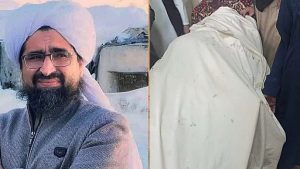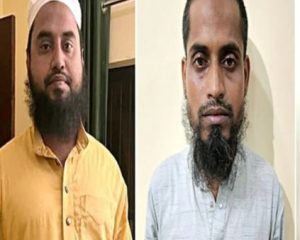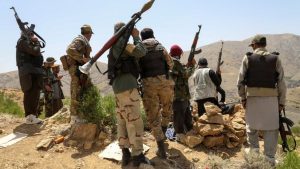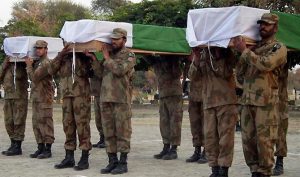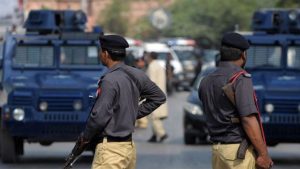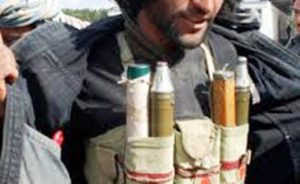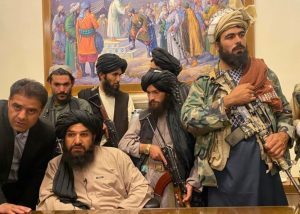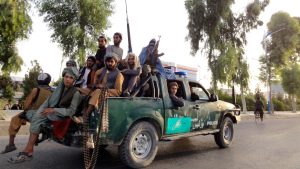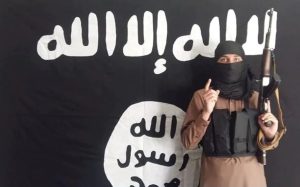A senior Taliban cleric known for his fiery speeches against the Islamic State (IS) was killed Thursday at his madrassa in the Afghan capital in a suicide attack claimed by the jihadist group, like reported by thedefensepost.com.
Rahimullah Haqqani, who had recently spoken publicly in favor of girls being allowed to attend school, had survived at least two previous assassination attempts — including one in Pakistan in October 2020.
“The madrassa of Sheikh Rahimullah was targeted today and as a result he and one of his brothers were martyred,” Kabul police spokesman Khalid Zadran told AFP, adding that three others were wounded in the blast.
Zadran had earlier said that only Haqqani was killed and four others wounded.
Government spokesman Bilal Karimi confirmed his death “in an attack carried out by a cowardly enemy,” but did not offer further details.
Hours later, IS claimed the attack on its telegram channels, saying the bomber had detonated his explosive vest inside the office of the cleric.
Haqqani was one of the most “prominent advocates for the Taliban and one of the biggest of them who incited to fight” IS, jihadist monitoring group SITE said, translating a statement from IS.
Taliban sources said that although he held no official position, Haqqani was an influential figure who had taught many of the group’s members over the years.
Scores of Taliban officials took to social media to express their condolences.
“You have fulfilled your responsibility. Destiny cannot be prevented, but the Muslim community has been orphaned,” tweeted Mobin Khan, a former spokesman for the Kabul police.
Haqqani was known for angry speeches against IS, who have claimed several attacks in Afghanistan since the Taliban’s return to power in August last year.
In recent months, he also backed the right of girls to attend school.
“There is no justification in sharia to say female education is not allowed. No justification at all,” he told the BBC in an interview in May.
Since seizing power a year ago, the Taliban have imposed harsh restrictions on girls and women to comply with their austere vision of Islam.
They have not allowed secondary schools for girls to reopen in most of the country.
